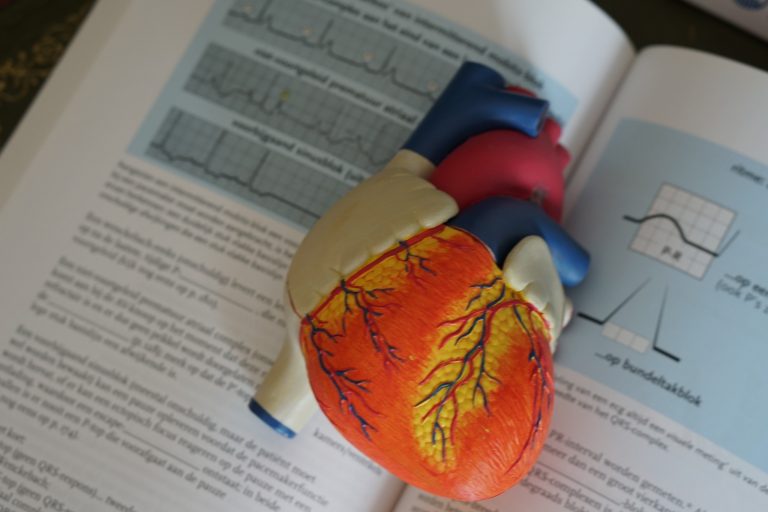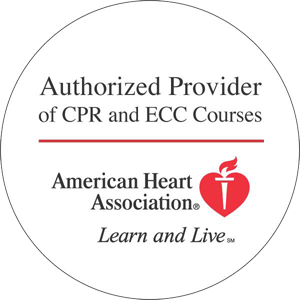If someone asked you to name common heart attack symptoms, what would you say? The first to come to mind would probably be sudden chest pressure, left arm pain and a loss of consciousness. And that’s not wrong – if you’re talking about common symptoms in men. When it comes to women, heart attack symptoms are different, and they’re often much less obvious.

Different Causes Result in Different Symptoms
When men suffer a heart attack, it’s often caused by significant plaque build up and a resulting blood clot. Therefore, symptoms are more likely to be sudden and severe, like those discussed above.
What’s the difference between heart attack and sudden cardiac arrest? Click here to learn more.
In women, however, heart attacks are more often caused by plaque erosion – when smaller pieces of plaque partially block arteries. Because this is a more subtle stop of blood flow, symptoms are less severe and recognizable.
Common Heart Attack Symptoms in Women
Half of women don’t experience any chest pain, and many of the common symptoms mimic other ailments. This is why it’s important for women to understand their risk factors, watch for symptoms, and always advocate for their health.
Common symptoms include:
- Sudden, extreme fatigue
- Shortness of breath
- Indigestion and heartburn
- Dizziness
- Back and neck pain
- Arm and jaw pain
- Chest pain, discomfort and pressure
If you experience any of these symptoms, don’t hesitate to contact a medical professional.
HeartCert CPR is your trusted training partner for CPR, ACLS, PALS, EMR and First Aid in the Twin Cities and throughout Minnesota.
HeartCert CPR courses include CPR/AED/First Aid and CPR/AED, Basic Life Support (BLS), Advanced Cardiac Life Support (ACLS), Pediatric Advanced Life Support (PALS), and Certified Nursing Assistant training. Courses and certifications from both the American Heart Association and American Red Cross are available.
We are now offering virtual CPR courses and certifications, as well as safe in-person courses at our headquarters, HeartCert CPR Eagan.
This is an updated blog post that was originally published in November 2018.








